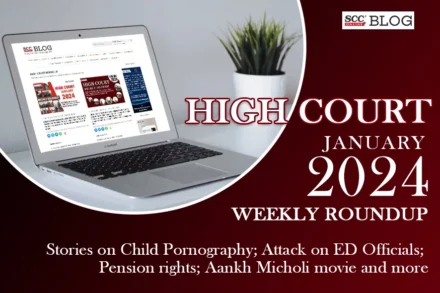
HIGH COURT JANUARY 2024 WEEKLY ROUNDUP| Stories on Child Pornography; Attack on ED Officials; Pension rights; Aankh Micholi movie and more
A quick legal roundup to cover important stories from all High Courts this week.

A quick legal roundup to cover important stories from all High Courts this week.
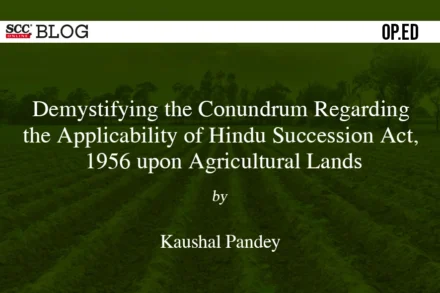
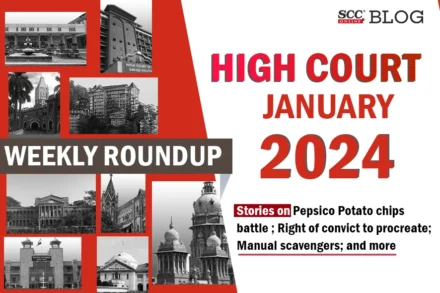
A quick legal roundup to cover important stories from all High Courts this week.
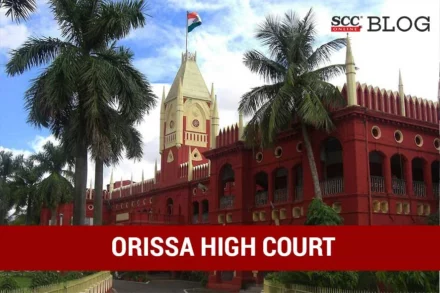
Rule 5 of the Hindu Marriage and Divorce (Orissa High Court) Rules, 1956 provides for Necessary parties- (a) In every petition for divorce or judicial separation on the ground that the respondent is living in adultery or has committed adultery with any person, the petitioner shall make such person a co-respondent.
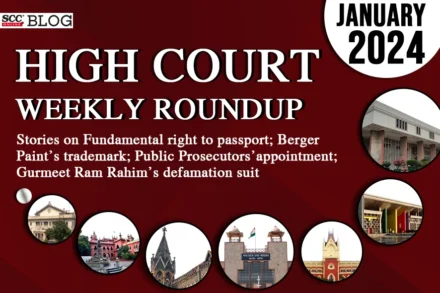
A quick legal roundup to cover important stories from all High Courts this week.
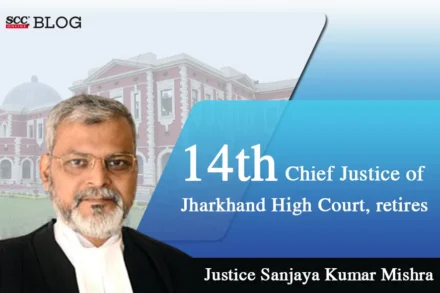
Justice Sanjaya Kumar Mishra was elevated as the Chief Justice of the Jharkhand High Court in February 2023 and had made it emphatically clear that his priority will be to impart justice to the poor and downtrodden while expediting old cases.

“The Court noted that “while passing the impugned order the Trial Court re-examined the allegations on merit and virtually sat in appeal over the order and rendered the order passed by the High Court nugatory.”
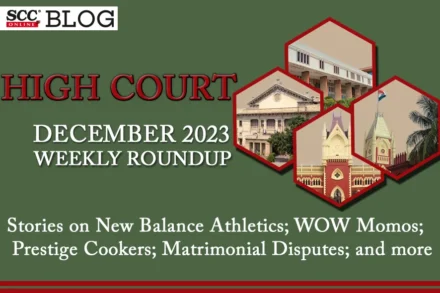
A quick legal roundup to cover important stories from all High Courts this week.

“Punishing the offender alone cannot comfort the victim’s family much. Monetary compensation is often the most effective way to ease the family’s pain.”
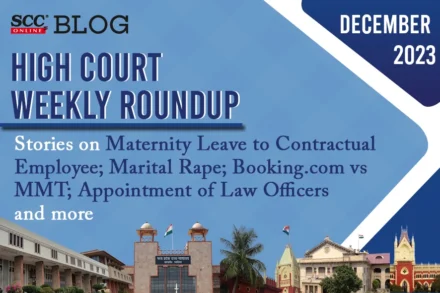
A quick legal roundup to cover important stories from all High Courts this week.

“The Court has a bounden duty to balance the mandate of the law and requirements of general public and then decide the fate of a petition filed under Section 205 of the CrPC especially when the applicant is a public servant, more particularly, the Government servants who are enjoined with a duty to safeguard the lives and health of people.”

“The suit was instituted in 1996 and was at the fag end of the trial. The Defendant’s cross-examination was ongoing and if the proposed amendment is allowed, it will change the nature and character of the suit.”

“The Court, recognizing the significant delay in trial commencement and the uncertainty around its duration, granted bail to the accused and also extended the benefit of the proviso to Section 45 of the PMLA.”

“Even after knowing the situation, the authorities did not take care of and attempted to control the situation, rather it appears that they have hands in glove with the lessees involved in illegal mining, for the reasons best known to them.”

Considering the huge quantity of contraband seized and progress of trial, the Court refused to grant bail.
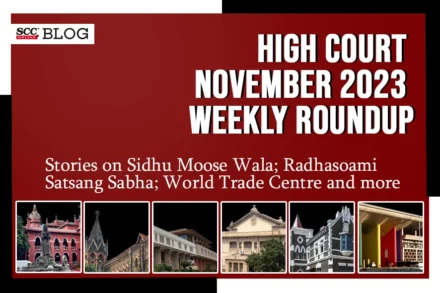
A quick legal roundup to cover important stories from all High Courts this week.

“Demand for dowry should be the continuing cause for the death of the married women. Cruelty can be mental, or it can be physical. Every instance of cruelty and related harassment has a different impact on the mind of a woman.”

The Court also considered the fact that the accused is a permanent resident of his locality, having his family members and ancestral property, hence, there is no scope of absconding if the accused person is granted bail.
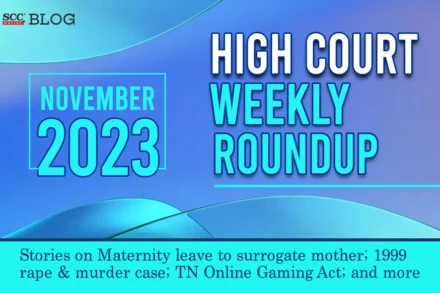
A quick legal roundup to cover important stories from all High Courts this week.
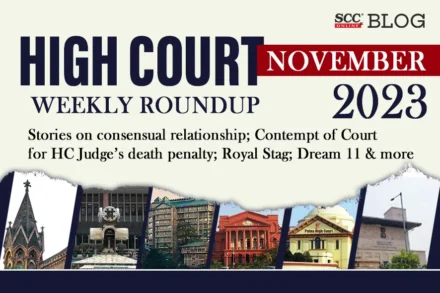
A quick legal roundup to cover important stories from all High Courts this week.